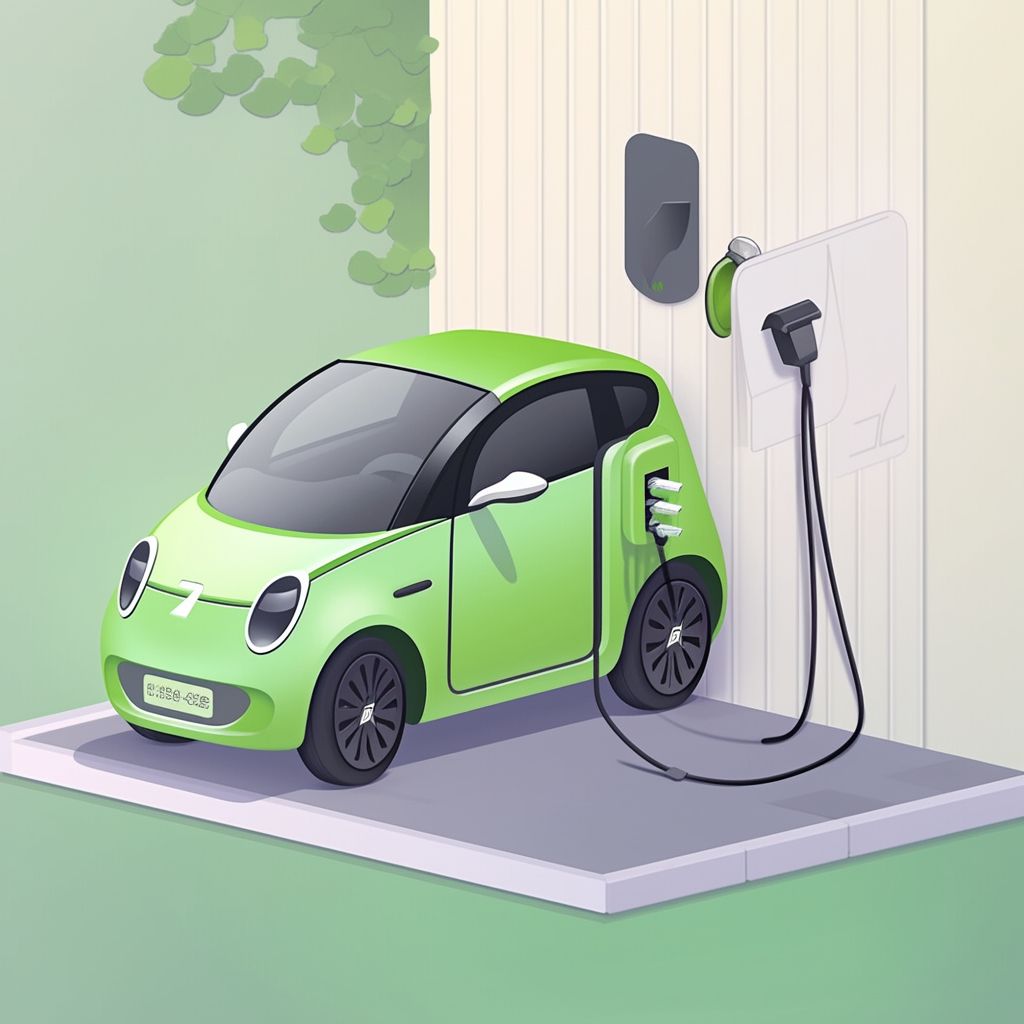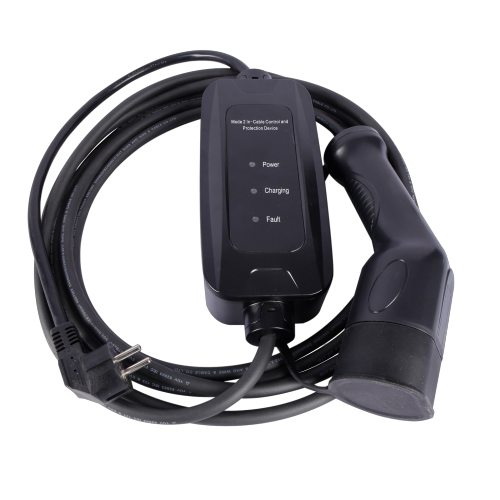Introduction:
As the popularity of electric vehicles (EVs) continues to rise, the need for convenient and versatile charging solutions becomes increasingly important. Portable electric car chargers offer flexibility and convenience, allowing EV owners to charge their vehicles wherever they go. In this buying guide, we’ll explore the key factors to consider when purchasing a portable electric car charger and recommend some top options for flexible charging.
Factors to Consider:
Charging Speed:
The charging speed of a portable EV charger is crucial. Look for chargers that offer varying levels of charging speeds, such as Level 1 (standard household outlet) and Level 2 (240-volt outlet). Higher charging speeds are ideal for faster charging, but keep in mind that it might require a higher-capacity power source.
Portability:
A key feature of portable chargers is their portability. Opt for a charger that is compact, lightweight, and easy to carry. Some chargers come with carrying cases or handles for added convenience.
Compatibility:
Ensure that the charger is compatible with your EV model. Most EVs use the standard J1772 connector, but some models might require adapters. Research the charger’s compatibility with different EVs before making a purchase.
Cable Length:
Consider the cable length of the charger. A longer cable provides more flexibility in terms of where you can park your car for charging. However, excessively long cables might be less convenient to handle and store.
Safety Features:
Safety should be a top priority. Look for chargers with features like overcurrent protection, overvoltage protection, and thermal protection. Certifications from safety organizations such as UL (Underwriters Laboratories) can also indicate a charger’s safety standards.
Smart Features:
Some portable chargers come with smart features like smartphone apps that allow you to monitor charging progress and schedule charging times. These features can enhance the overall charging experience.
Recommended Portable Electric Car Chargers:
JuiceBox Pro 40:
Charging Speed: Level 2 (up to 40 amps)
Portability: Compact and lightweight design
Compatibility: Universal compatibility with all EV models
Cable Length: Comes with a 24-foot cable
Safety Features: Built-in GFCI and temperature monitoring
Smart Features: Wi-Fi connectivity for remote monitoring and control
ChargePoint Home Flex:
Charging Speed: Level 2 (up to 50 amps)
Portability: Sleek and durable construction
Compatibility: Works with all EVs and includes adapter options
Cable Length: Customizable cable length options available
Safety Features: UL-listed, overcurrent protection, and ground fault protection
Smart Features: Access to the ChargePoint app for charging management
ClipperCreek HCS-40:
Charging Speed: Level 2 (40 amps)
Portability: Robust design with integrated cable wrap
Compatibility: Compatible with all J1772-equipped EVs
Cable Length: 25-foot cable length
Safety Features: Safety certifications, rugged aluminum casing
Smart Features: Basic charging status indicators
Conclusion:
Investing in a portable electric car charger offers EV owners the flexibility to charge their vehicles on the go. Consider factors such as charging speed, portability, compatibility, safety features, and smart capabilities when choosing the right charger for your needs. The recommended chargers mentioned in this guide provide reliable and versatile charging solutions to keep your EV powered up wherever your journey takes you.
type2 10A Portable EV Car Charger Standard Australian
Post time: Aug-24-2023










